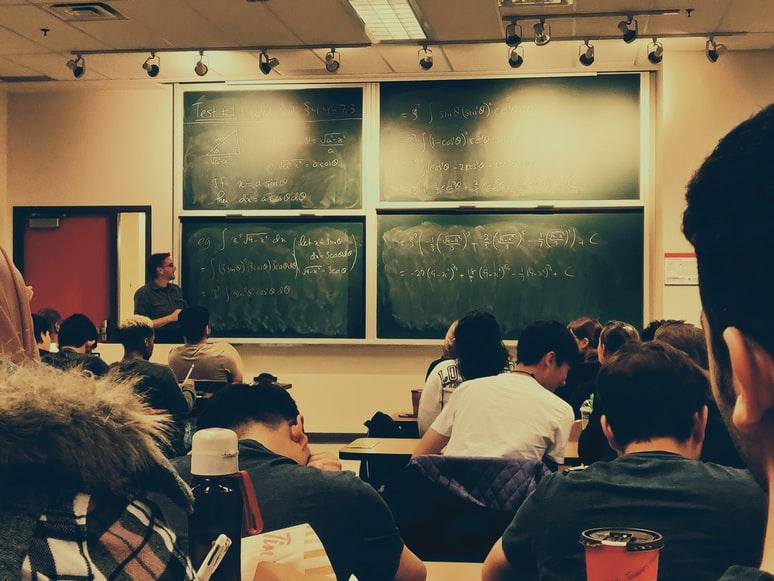It’s no secret that students have it tough in the mental health arena.
According to statistics, about 41.6% of students report suffering from anxiety. 36.4%report being depressed, and 35.8% report suffering from relationship problems.
So as a teacher or educator, how can you step in and help your students to overcome these challenging problems?
How can you contribute to helping your students by supporting their mental health?
Well, in a recent news document published by the San Diego County Office of Education, some excellent tips were laid out to do exactly that.
And here they are, to help you do your best to help your students succeed.
1. Care, And Show It
Building strong relationships with your students can show them that you care.
And one of the best ways to show students that you care is to engage with them, connect with them, and increase strategies to make sure that they know that at least one caring adult (you) is concerned for their well-being.
2. Check In
Checking-in on students and asking them about their mental health before you even see any problems is a fantastic way to head off potential issues and get ahead of the curve.
3. Establish Daily Routines
Establishing daily routines is important for students. It helps to give them a sense of safety and predictability that’ll make them feel more secure.
4. Normalize Discussions About Mental Health
Thankfully, it’s getting more and more ‘normal’ to talk about mental health in the classroom setting.
But that doesn’t necessarily mean that it’s as normal as it should be.
Normalizing discussions about mental health gives students the courage and opportunity to open up about their own struggles.
And this, in turn, gives you the opportunity as an educator to help them deal with these issues.
5. Focus On Helping Your Staff
Empowered and positive school faculty contribute a great deal to the mental health and wellness of the student body.
For best results, take a proactive approach to helping staff and educators with their mental health challenges as well. The discussion doesn’t end in the classroom. Educators, staff, and faculty can also deal with mental health challenges.
And it’s important to deal with these issues, just the same as it is to deal with student issues.
6. Talk To Students About Social And Emotional Learning
Teaching students how to effectively manage their emotions and reduce their stress is a vital part of empowering them to succeed as they work to complete their education.
And teachers play a vital, pivotal role in this process.
7. Help Students To Regulate And Lead By Example
Teaching students how to regulate their own emotions and stress starts with the teacher.
A teacher who understands how to regulate their own emotional processes can lead by example, and demonstrate this process in real time and real life for the student body.
This gives students a much better chance for success in the long run.
8. Cut Students Some Extra Slack
At the end of the day, school can doubtlessly be a stressful experience for students.
But teachers can help with the stress by being considerate and discerning in taking measures to alleviate stress by cutting students a bit of extra slack and extending a bit of grace when it comes to deadlines and assignments.
Sometimes, giving a student the opportunity to push a deadline back by a couple days can do worlds of good for their mental health.
But of course, at the end of the day, it’s up to the educator to decide where and when such grace should be extended.







